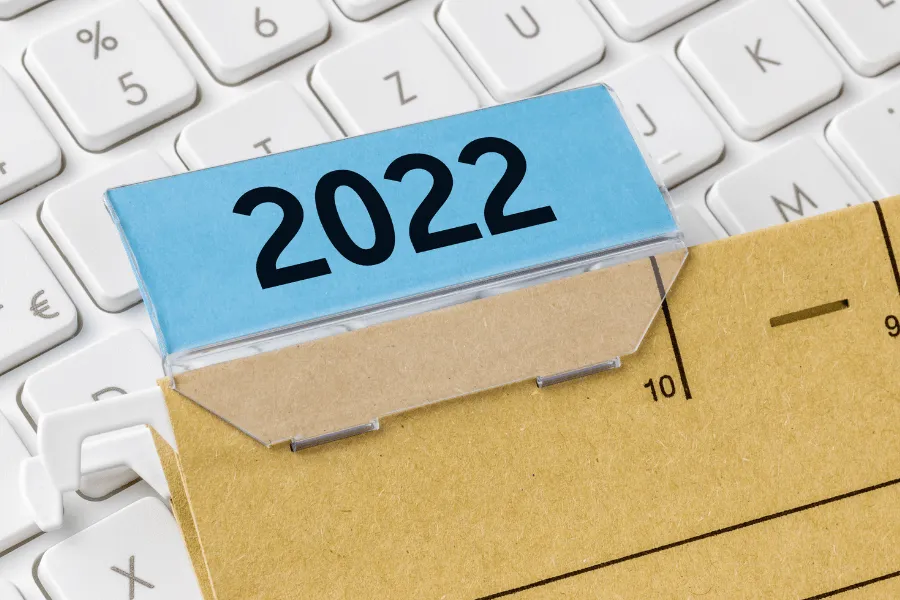
What Happens If You Miss the Tax Deadline Multiple Years in a Row?
If you’re behind on taxes, not by one year but two, three, or more - you’re not alone. But the IRS isn’t ignoring it. And no, it doesn’t just go away. The longer you wait, the more it piles up: penalties, interest, lost refunds, even levies or wage garnishments.
Let’s break down what actually happens and what you can still do about it
The IRS Doesn’t Forget
Missing one year might trigger a soft notice. But once you miss two or more, things get more serious. The IRS may file what's called a “Substitute for Return” — basically their version of your taxes — and start flagging you for collections. By year three, you're on their enforcement list, and you're risking liens, audits, or worse.
The IRS Might File for You (And Overcharge You)
If they don’t hear from you, the IRS can legally file a return on your behalf under Internal Revenue Code §6020(b). But here’s the catch: they only include what others reported — your income. They leave out anything that would lower your tax bill: deductions, dependents, credits, expenses. The result? You owe way more than you should.
Penalties and Interest Don’t Just Sit There — They Grow
The penalty for not filing is 5% of unpaid taxes per month. The penalty for not paying is another 0.5% per month. Interest piles on daily. And if you wait more than three years, you lose your right to a refund — even if the IRS owes you money.
Liens, Levies, and Wage Garnishment Are All on the Table
If the balance grows and you still haven’t filed, the IRS can place a federal tax lien on your assets. That makes it harder to get loans, mortgages, or business funding. They can also levy your bank account, garnish your paycheck, or intercept your government payments. And yes, they’re legally allowed to do that - often with just a few mailed notices you may have missed.
So What Can You Actually Do?
Start by pulling your IRS transcripts. You’ll see what years are missing, whether they’ve filed for you, and how much they think you owe. Then get organized — oldest year first — and start rebuilding your records. Don’t guess. Don’t wing it. And don’t wait for another notice to show up.
If your balance is high, there are still legal ways to bring it down. You may qualify for penalty relief, a payment plan the IRS can’t easily reject, or even hardship status that protects your income from collection.
Here's How to Start Fixing It - Right Now
You don’t need a tax firm. You don’t need to panic. You need a plan.
BackTaxCentral is a self-paced solution built for people who are years behind and overwhelmed. It includes the exact steps to file your back returns, reduce penalties, protect your income, and even see if your debt is close to expiring.


